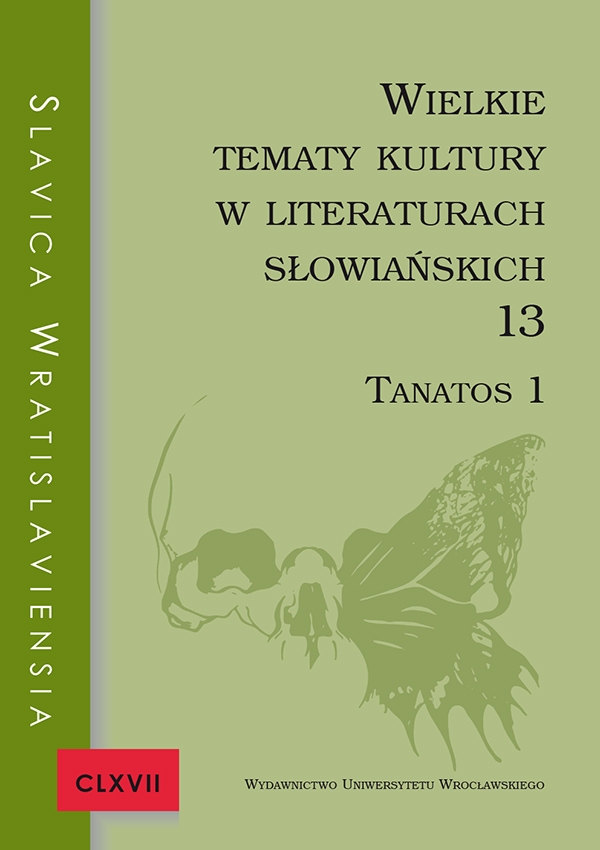

Статьи

“Now I rejoice o depart from this world!”: The saint’s death and the villain’s deathin the Old Russian texts of the 11th to 12th centuries
In this article the questions of real and false values, life and death for an ancient Russian person soon after the adoption of Christianity are explored — on the basis of texts about Boris and Gleb and saint Theodosius of the Caves. The building of a person’s individuality in ancient Russia went in the frame of religious sphere, and in this way the moral ideals and anti-ideals were created. In the hagiographic texts “earthly” as a synonym of “worldly” is often opposed to “heavenly”. In the Life of Theodosius Nestor shows how the divine plan is grounded in the ordinary: even if the intention is high, one of its ends is here, in the usual human life. If the hagiographic texts about Boris and Gleb carried the idea of denial of the worldly for the sake of heavenly and eternal, then the Life of Theodosius carried the idea of their harmonization. The death of Theodosius opens the earthly way to the heaven.
„Teraz raduję się, że odchodzę z tego świata!” — śmierć świętego a śmierć złoczyńcy w tekstach staroruskich XI–XII wieku
Niniejszy artykuł jest próbą interpretacji tekstów o świętych Borysie i Glebie oraz Teodozjuszu Pieczerskim w aspekcie prawdziwych i fałszywych wartości związanych z opozycją życia i śmierci w oczach mieszkańca Rusi Kijowskiej w okresie po przyjęciu chrześcijaństwa. Według autora kształtowanie się jednostki odbywało się w Rusi Kijowskiej w ramach chrześcijaństwa i na tej płaszczyźnie budowane były moralne ideały oraz antyideały. W żywotach świętych pojęcie „ziemskiego” jako synonimu „świeckiego” nierzadko traktowane było z pogardą i przeciwstawione „niebiańskiemu”. W Żywocie Teodozjusza Nestor pokazuje, w jaki sposób boski plan ugruntowany jest w powszedniości — nawet najwznioślejszy zamysł jednym końcem tkwi w powszednim życiu człowieka. Jeśli teksty hagiograficzne o Borysie i Glebie niosły ideę negacji świeckości wobec niebiańskości i wieczności, to Żywot Teodozjusza przynosi ideę ich harmonizacji — śmierć Teodozjusza otwiera ziemskiemu drogę do boskości.